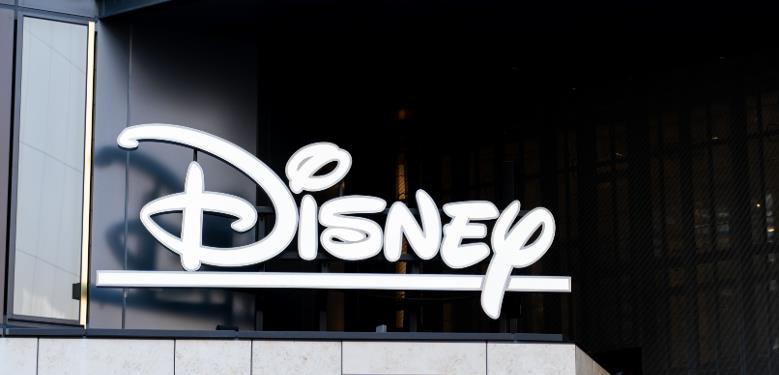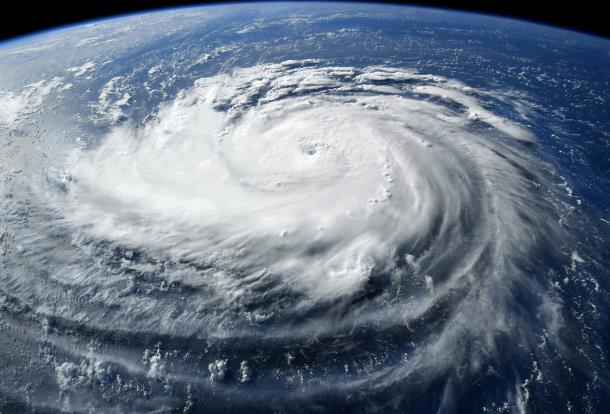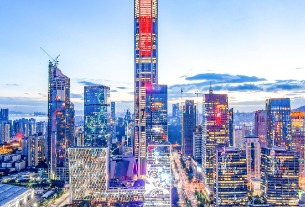
Wataru Takahashi, president of Japan’s Oriental Land, which operates Tokyo Disney Resort, announced that the company is considering adjusting ticket prices:
* Potential price reductions or narrowing the gap between the highest and lowest ticket tiers.
This move comes amid rising living costs and growing consumer price sensitivity. The company plans to assess ticket pricing strategies based on demand forecasts.
In contrast:
* Shanghai Disneyland adopted a new six-tier pricing structure last year, with some prices increased. Since opening in 2016, ticket prices have been raised five times in eight years.
* Hong Kong Disneyland also raised prices last year, with top-tier adult tickets approaching HKD 1,000 (about USD 127).
According to visitor reviews, Shanghai Disneyland is large with many attractions, but long queues often affect the experience.
Hong Kong Disneyland is smaller yet well-equipped, offering a more relaxed atmosphere with fewer crowds.
Tokyo Disneyland is praised for its service and immersive ambiance, though some facilities are seen as outdated.
Theme parks are a key segment for The Walt Disney Company, whose overall performance depends on multiple business areas.
Shanghai and Hong Kong Disneylands are joint ventures between Chinese and American partners, with ownership shares linked to operational control.
Tokyo Disney is unique—it operates under a licensing agreement, is almost entirely funded by Japanese capital and has minimal direct U.S. investment.
Hong Kong Disneyland turned a profit in FY2024 for the first time in a decade, earning HKD 838 million (about USD 109 million), a 54% year-on-year increase. Attendance hit a record 7.7 million.
Tokyo Disney reported FY2024 net profit of JPY 124.1 billion (about USD 864 million), a 3.3% increase, with rising per-visitor spending.
Price hikes at Shanghai and Hong Kong parks reflect higher operating costs, market positioning, and assumptions about visitor spending power.
Shanghai Disney continues to expand, pushing up operational expenses, while Hong Kong Disney may be using higher prices to boost financial performance.
Tokyo Disney's potential price cuts reflect a more cautious domestic market and aim to stimulate demand through price flexibility.
According to Kyodo News, Tokyo Disney plans major redevelopment projects by FY2035, targeting annual revenue of over JPY 1 trillion (about USD 7 billion).




